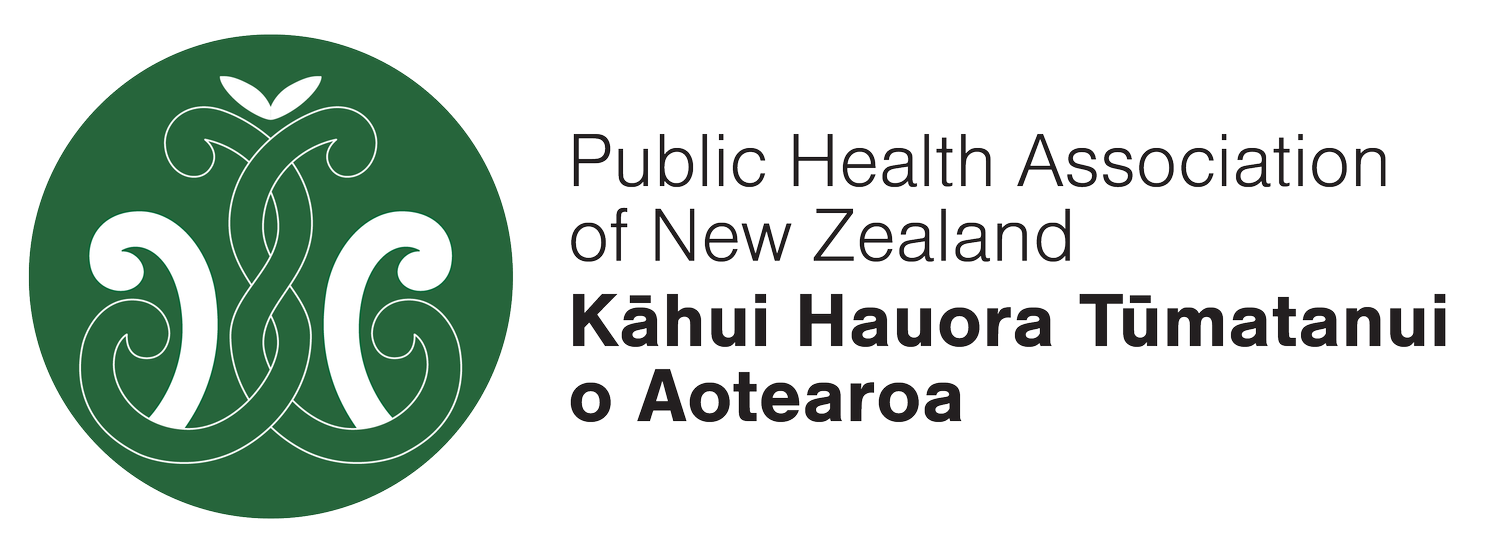THINK PIECE - BEYOND THE BLOOD: ROLE OF PUBLIC HEALTH AND CALL TO ACTION FOR SUPPORTING NEW ZEALANDERS AFFECTED BY THALASSAEMIA AND SICKLE CELL ANAEMIA IN AOTEARoA NZ
A Public Health Think Piece on Genetic Blood Disorders, Cultural Stigma, and the Unseen Struggles of Ethnic, Migrant Communities in Aotearoa
Think Piece shared by Vivek Vij (Asian Caucus member) Chairperson, NGO Thalassaemia and Sickle Cell Aotearoa NZ (TASCA NZ) at Muskaan Care Trust NZ towards PHA NZ think tank.
Think Piece shared by Vivek Vij (Asian Caucus member) Chairperson, NGO Thalassaemia and Sickle Cell Aotearoa NZ (TASCA NZ) at Muskaan Care Trust NZ towards PHA NZ think tank. New Zealand’s healthcare system is widely admired for its accessibility and commitment to equity. However, sadly this does not extend to the realities faced by many New Zealanders living with thalassaemia and sickle cell anaemia. These genetic blood disorders, which predominantly affect ethnic minorities from Africa, South Asia, Southeast Asia and Mediterranean backgrounds, remain largely invisible in public health discourse. This think piece seeks to highlight the gaps in our healthcare system and advocate for necessary policy & reforms.
Global Context and Local Neglect
Globally, thalassaemia affects over 100,000 children annually, and sickle cell anaemia impacts around 20 million people across the globe. Countries like Iran, Singapore and Cyprus have made strides through national screening and proactive treatment programs. In contrast, New Zealand lacks basic acknowledgement, needs and comprehensive initiatives to address these conditions, leaving many at-risk populations underserved and unprotected. This oversight underscores a significant gap in our public health strategy.
The Psychological and Cultural Impact
Beyond physical symptoms, thalassaemia and sickle cell anaemia impose severe psychological, social emotional and psychosocial burdens. Many ethnic communities view these conditions as sources of shame, leading to social exclusion and deeper internalised stigma. For instance, nearly 40% of individuals with thalassaemia report clinical depression due to the compounded impact of their illness and societal attitudes and it is just tip of the iceberg. The lack of culturally sensitive acknowledgement, access and care exacerbates feelings of isolation, depression, inadequacy, limited confidence, access and alienation.
Systemic Failures
New Zealand’s healthcare system exhibits several critical gaps:
Limited Awareness Campaigns: There are no widespread public education efforts on these genetic disorders, leading to discrimination, a lack of its existence, acknowledgement, awareness and understanding.
Absence of National Screening Programs: Unlike other nations, New Zealand does not have national screening for high-risk populations, hugely missing opportunities for early diagnosis and preventive care.
Fragmented Specialist Care: Few specialised resources exist at secondary level care, whereas primary care is completely ignorant, leading to a disjointed and insufficient healthcare experience for patients, their carer and families.
Healthcare Provider Training: A lack of understanding, training on these conditions results in misdiagnosis and inadequate treatment and support.
Lack of Mental Health Support: The mental health and wellness needs of affected individuals are often overlooked, leaving them without the necessary care and support.
Addressing Cultural Stigma
Cultural stigma and shame surrounding genetic disorders further complicates the situation. In many immigrant communities, chronic illnesses are seen as a source of disgrace, burden and inadequate in society. This stigma prevents individuals from their own existence, sharing their sufferings openly, caring and seeking necessary care and support scarcely available, perpetuating a cycle of silence, whakama and neglect.
A Call for Action
The time for action is now. Amid this landscape of neglect and stigma, Thalassaemia and Sickle Cell Aotearoa NZ (TASCA NZ), operating under Muskaan Care Trust NZ, has emerged as a vital lifeline for individuals affected by these disorders in New Zealand. As the country’s only non-governmental organization focused on thalassaemia and sickle cell anaemia, TASCA NZ works tirelessly to raise awareness, advocate for better healthcare policies, and provide support to affected families. Despite a lack of government funding or formal recognition, TASCA NZ has spearheaded several important initiatives: TASCA NZ has laid the groundwork for raising awareness and advocating for individuals with thalassaemia and sickle cell anaemia, but without government support and systemic changes, their efforts will remain limited. New Zealand must recognize these invisible conditions as critical public health concerns and take meaningful steps to address the physical, social, and psychological burdens they impose on affected individuals and their families.
To address these issues, New Zealand must:
Implement National Screening Programs: Introduce screening for thalassaemia and sickle cell anaemia, focusing on high-risk groups.
Enhance Culturally Competent Care: Train healthcare providers & peers to offer culturally sensitive care and support.
Launch Public Awareness Campaigns: Educate the public, mainstream sectors and systems to reduce stigma and increase understanding of these conditions.
Integrate Mental Health Support: Provide access to culturally appropriate mental health services for those affected.
These steps will not only alleviate the suffering of individuals but also reduce the long-term burden on the healthcare system.
Conclusion
Now is the time for New Zealand to lead by example, prioritising equity and inclusion in healthcare and ensuring that no one is left behind. Thalassaemia and sickle cell anaemia may be invisible, but their impact is real. By implementing targeted policies and confronting cultural stigmas we can create a healthcare system that truly serves everyone. It’s time to make these invisible struggles visible and take actions for a healthier, equitable care and more inclusive future.
References
International Thalassaemia Federation. (2023). Mental Health and Thalassaemia.
World Health Organization. (2022). Sickle Cell Disease: Fact Sheet.
Sickle Cell Society UK. (2023). Impact of Sickle Cell Disease on Mental Health.
Global Health Action. (2021). The Impact of National Screening Programs on Genetic Disorders.
www.muskaancaretrust.org.nz ; email tascanz@muskaancaretrust.org.nz; FB - Muskaan4all


